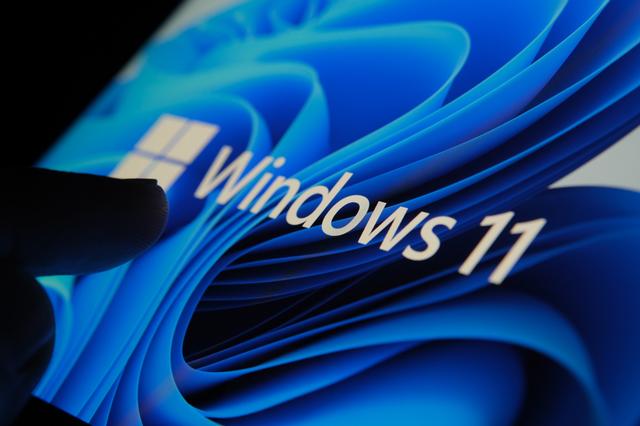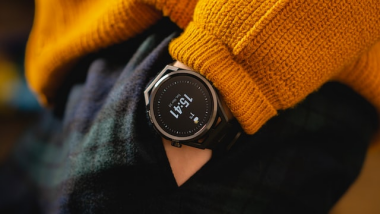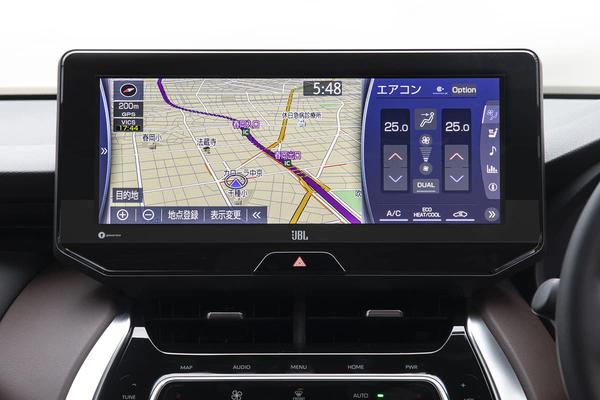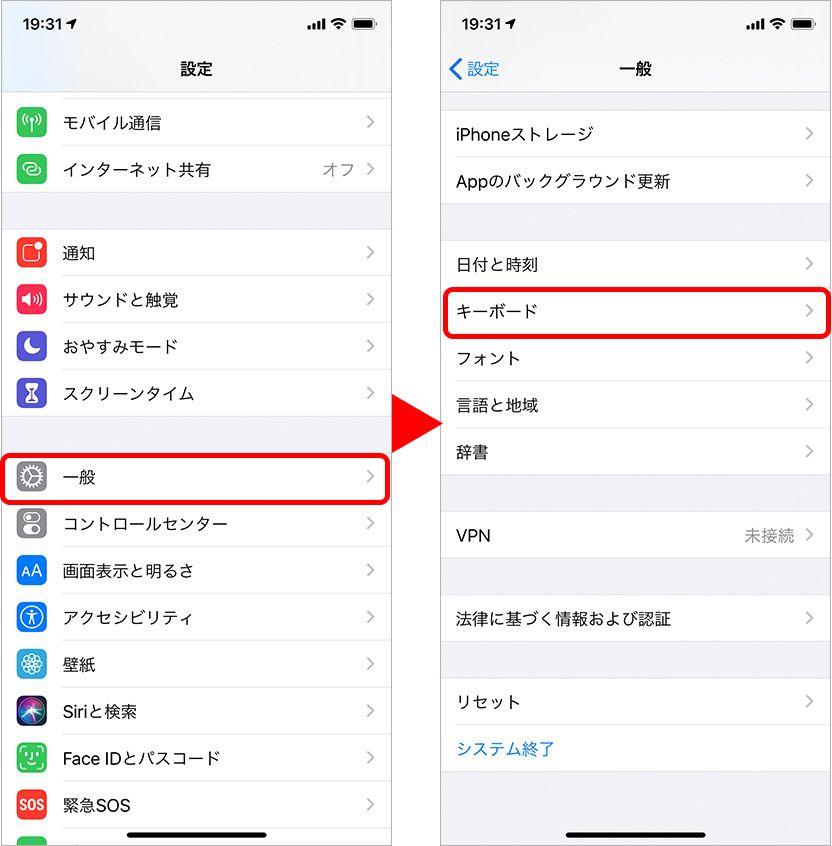Amazon, Apple, Google--Who won the smart home market in 2020?
Although 2020 was a difficult year, the smart home industry has made steady progress and various new products have appeared. Amazon and Google are driving the future of smart homes, with Apple recently joining.
Which of these three companies won the smart home market in 2020? David Priest and Molly Price, who are following the three companies in the field at CNET, exchanged frank opinions.
Who is the winner of the countertop smart speaker?
David Priest (D) First, I would like to talk about Apple. If Google and Amazon (especially the latter) are rabbits, Apple has been like a turtle for years. Until late 2020, Apple's only smart speaker was the expensive HomePod. To date, HomePod has the highest share of the US smart speaker market at 5%. Meanwhile, Amazon launched six smart speakers and smart displays in 2019 alone. Google isn't too far behind Amazon. The popular "Google Nest Mini" has contributed significantly to this.
But with Apple's announcement of competing low-priced speakers, everything has changed. However, I'm not sure exactly which product the speaker will compete with. It's about the same size as the Echo Dot and Nest Mini, but at the same price as the more sophisticated Echo and Nest Audio. However, without quibble, I think Apple is closing the gap with its rivals with the advent of the HomePod mini.
Apple's HomePod mini has brought a wave to the Amazon and Google-dominated smart speaker market. Courtesy: Chris Monroe / CNETMolly, you reviewed the HomePod mini. What are your thoughts on the impact of this product on the competition in the countertop smart speaker market?
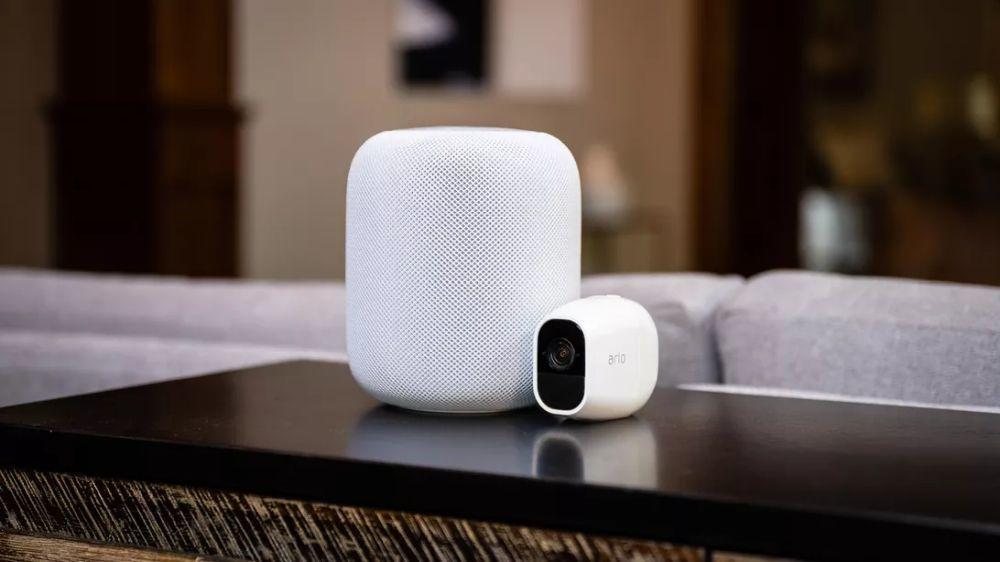
Molly Price (M) Apple is certainly back on the market in 2020 when it comes to smart speakers. The HomePod mini was released for $ 99 (Editor's note: 10,800 yen plus tax in Japan). It's a fairly low price among Apple's recent standalone products. The sound quality is great, the look is Apple-like, and it does everything users expect as a starting point for a smart home. The downside is that, unlike Amazon and Google products, it doesn't support many third-party devices. Apple just thought they weren't interested in smart homes anymore, but felt that the HomePod mini wasn't just a product that came to mind later.
D I have the same idea. Meanwhile, Amazon and Google continue to steadily expand their existing product lineup. Amazon's new full-size smart speakers, the Echo and Echo Dot, are popular and are currently priced at $ 70 and $ 30, respectively (Editor's Note: JPY 11,980 including tax in Japan). It is 5980 yen). Considering the quality of the product, I think it is exceptional. Especially when it comes to full-size Echo.
Amazon's new Echo is one of the best smart speakers tested by CNET. Courtesy: Chris Monroe / CNETThere's one more thing to keep in mind about Amazon. The company does not develop services centered on smartphones like the other two companies (Apple speakers are highly linked with "iOS", Google speakers are highly linked with "Android") However, smart speakers are being rolled out by the world's largest online store. In short, Amazon can sell smart home devices more effectively than virtually any competitor.
So which company is the winner of the countertop smart speaker?
Winner: Amazon
Significantly improved companies: Apple
Which platform, device or assistant is the best?
D Let's talk about market penetration, but here we'll talk about the actual quality of the device. That should be the most important thing for potential customers. The full size Echo is one of my favorite smart home devices in 2020. The price is reasonable and the sound quality is excellent. I'm a little disappointed that Amazon's new smart display, the Echo Show 10, will not be available later this year, as users move around in the room, tracking it with a camera and automatically reorienting the screen. 2020 seems to be the best opportunity for these companies to market their smart displays more strongly than any other year in recent years, but they missed it brilliantly.
Of course, no other company has launched a great smart display this year, so I can't blame Amazon that much.
Molly, what do you think about the competition for voice assistants? So far, "Google Assistant" has been the push for CNET in the US, but do you think "Alexa" and "Siri" are catching up?
The "Google Assistant" is the voice assistant that responds most naturally. Courtesy: Chris Monroe / CNET
